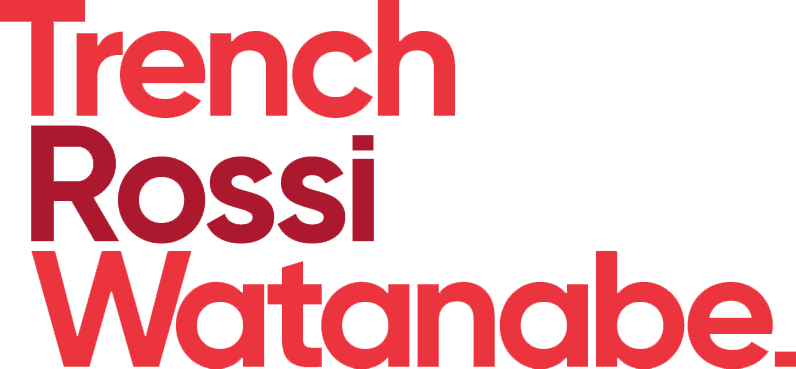In brief
On 12 April, Justice Secretary Flavio Dino issued an ordinance that makes it possible to hold digital platforms accountable for the dissemination of content that promotes violence in schools.
In more detail
The document sets forth specific obligations for platforms, such as the immediate removal of certain content after a request from the competent authorities, systemic risk assessment, adoption of measures to prevent the spread of new threats to schools and a policy of active content moderation by application providers. In addition, platforms must prepare reports for the justice secretariat analyzing the risk factors of spreading certain illegal content, and whether recommendation algorithms or other algorithms used by platforms, as well as the content moderation practices adopted, contribute to such risk factors.
The report must also analyze whether the platform’s terms of use contribute to the risk factors and whether the platform has enforced its terms of use consistently. The ordinance also provides guidelines for the activities of the National Consumer Secretariat (Senacon) and the National Public Safety Secretariat (Senasp). The justice secretary pointed out that the regulation will be aimed exclusively at threats against students, children and adolescents.
The ordinance provides, for example, that Senacon will institute administrative processes to determine each company’s responsibility in the possible violation of what the justice secretary called platforms’ “duty of safety and care” in relation to violent content against schools. In these processes, platforms may be required to submit systemic risk assessment reports on the propagation of illicit content, and information on the risk of children and adolescents accessing content that is inappropriate for their age, as well as content considered illegal and harmful, according to the ordinance.
Senacon may also request information about the risk of propagation and viralization of content and profiles that display violent extremism, encourage attacks in the school environment or support and incite these crimes or their perpetrators.
The ordinance also requires the platform to share with the police authorities data that allows for the identification of the user or the internet connection terminal through which the user made the violent content against schools available. This interaction will be coordinated by Senasp. Senasp may also order platforms to prevent the creation of new profiles from IP addresses where illegal, harmful and dangerous activities have already been detected.
The ordinance also provides for sanctions in the event of noncompliance with the foreseen obligations. They will occur within the scope of administrative or judicial proceedings, in accordance with the attributions of the competent bodies.
* * * * *

Trench Rossi Watanabe and Baker McKenzie have executed a strategic cooperation agreement for consulting on foreign law.



